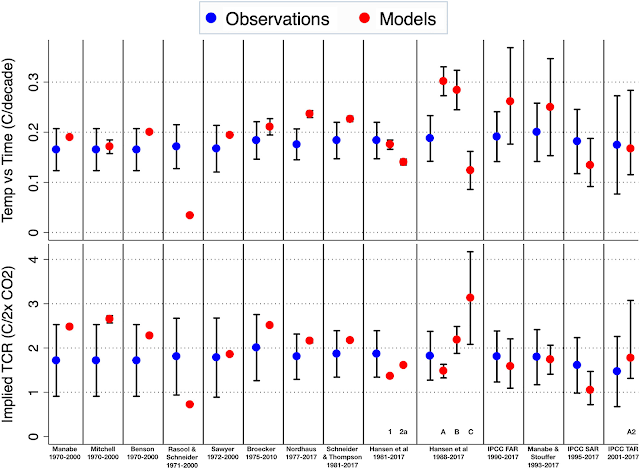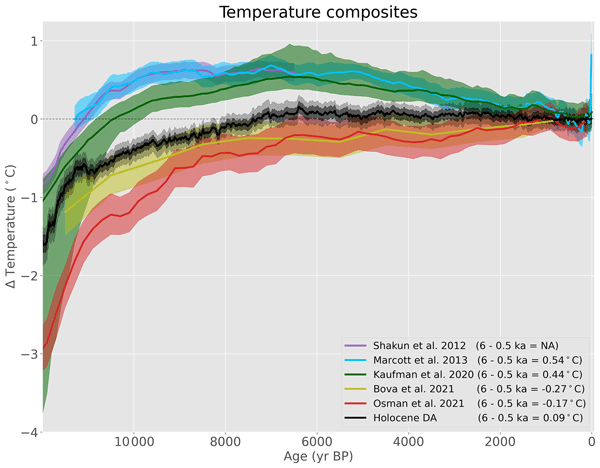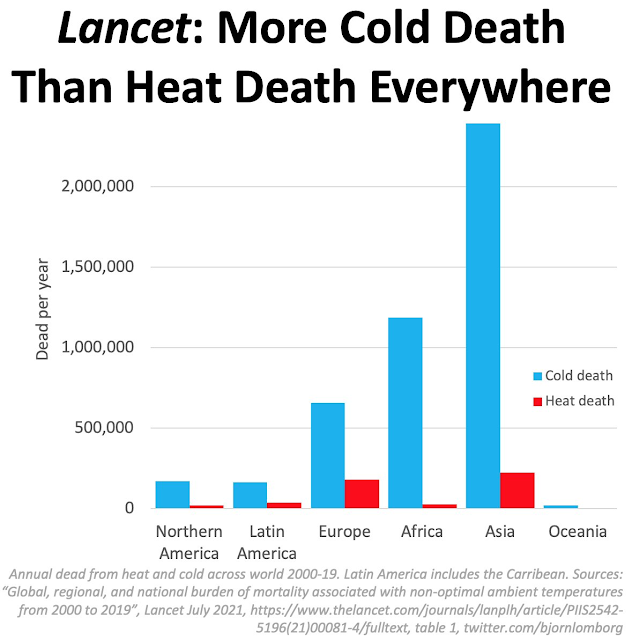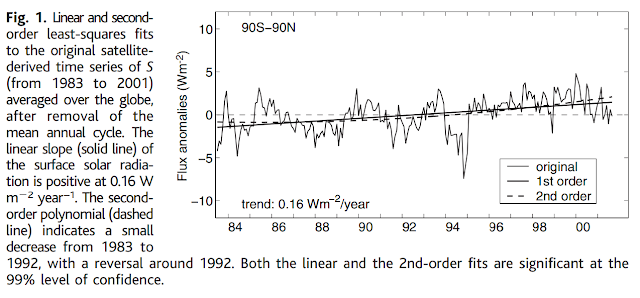Is there a Pause in the Decline of Arctic Sea Ice Extent?

A couple papers were published this year about the recent "pause" in the decrease in September sea ice extent (SIE). One paper, Stern 2025 [1] shows that the trend in Sept. SIE has been indistinguishable from 0 since about 2007. From Stern 2025 Likewise, England et al 2025 [2] has found that 20-year trends have increased to the point where there is no longer a statistically significant downward trend for 2005-2024. England et al 2025 The publication of these two studies, plus coverage of at least the latter in the Guardian , has caused quite a stir among contrarians on social media, who are claiming this is evidence that AGW isn't really a problem after all, and perhaps natural variability is what's driving recent changes in sea ice extent and temperature. However, that's not the way the authors of these studies are saying. Instead, the authors see the long-term downward trend in sea ice as being very real and caused by human activity, but they are also saying ...




